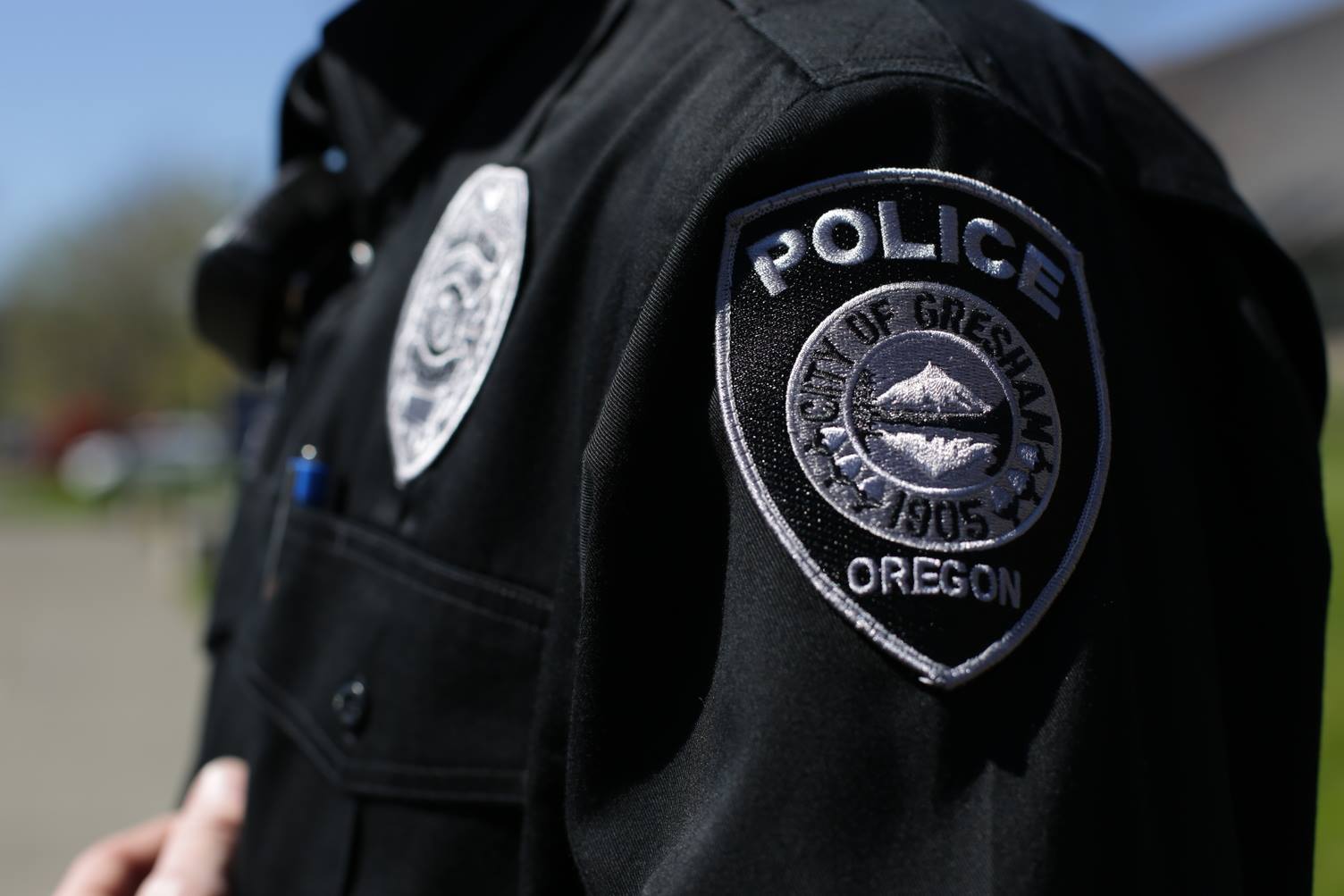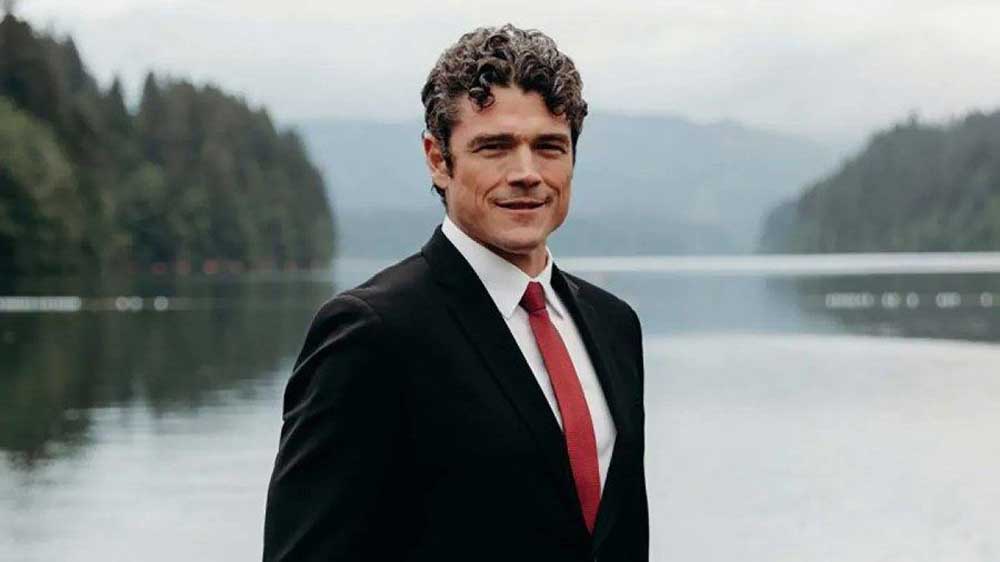Q&A: Chauncey Peltier reflects on his father’s legacy, struggle and long-awaited return home
Published 12:30 pm Wednesday, February 5, 2025

- Chauncey Peltier holds a painting, "Mni Wiconi Etanhan Inajin Lady Rising Out of the Water of Life", that his dad, Leonard Peltier, painted.
Chauncey Peltier was only 10 years old when his father was convicted in 1977.
Trending
For years, he and thousands of others pleaded for the elder Peltier’s release. Presidents spanning five decades ignored, or outright rejected, requests for clemency.
But in his final moments in office, former President Joe Biden commuted the life sentence of Leonard Peltier — the Native American activist imprisoned for the killing of two FBI agents — to home confinement.
Now 59, Chauncey Peltier, who has called Washington County home for most of his life, reflects on the decision he thought would never come.
Trending
Note: The following transcript has been edited for length and clarity across two interviews.
Your father was convicted of killing two FBI agents, but can you speak to why that doesn’t necessarily tell the full story?
Chauncey Peltier: “They always say ‘Leonard Peltier convicted of killing two FBI agents,’ but they don’t say that he was convicted on falsified ballistics, tampered evidence and coerced witnesses — the list just goes on and on and on. That’s why so many people have been fighting for his freedom for so long; they always just say he’s convicted of killing two FBI agents, but that’s with all the rights violations and withholding all the evidence. That’s why today, if Leonard ever had a retrial, he would have been found innocent. That always bothered me when they say that, and nobody ever mentions how he was convicted of that. It’s one of the biggest rights violation cases in U.S. history, and he’s one of the longest held political prisoners.”
Over the years, how have you seen support for your father?
Chauncey Peltier: “A lot of people don’t even know Leonard, but they’ve heard his story. And a lot of people did not even like Leonard, but they supported him and fought for his cause because of all the rights violations. One time when I was in Florida, when I was the director of the International Leonard Peltier Defense Committee, I was at this vending event, and there must have been 50 motorcycles pulled in there. I think, ‘Did I cut these guys off?’ And they came up to me and said, ‘We heard a Leonard Peltier booth was here.’ It was a veteran motorcycle club, and they said, ‘We came to sign the petitions, and we came here to support you because of what happened to Leonard. This isn’t why we fought and served for this country.’ They were really supportive. Every one of them signed the petitions. And I’ve seen that a lot in the past 40 years.”
Can you explain the emotions of finding out your father’s sentence was commuted? Did you ever think this day would come?
Chauncey Peltier: “For days, my phone was just going nuts. I just thank the tribes that support him, all the supporters: attorneys, the judges and everybody that’s ever been there for Leonard. When I go speak for him, I always like to thank them. Even the people that have crossed over — I believe they’re a big part of what helped Leonard keep fighting for freedom for all of this time. I prayed every day that he’d get released, but I didn’t ever think he would because of the FBI.”
Have you experienced harassment due to your father’s case?
Chauncey Peltier: “My brothers and sisters all have stories. When I was in my late teens, I got into a fight with a neighbor, and when I got arrested, I was in the police station. There was this one cop who ended up being fired years later because he was a horrible cop; he got a lot of complaints. But I was there and I was handcuffed, and I noticed he was moving cameras. Next thing I knew, when I woke up, he was kicking me in the head asking how my ‘cop-killing dad’ was doing.”
With you growing up in Washington County, did your father also live here?
Chauncey Peltier: “He was here in Washington County. He was a logger and a hod carrier, just like I was a logger and a hod carrier. A lot of our family moved to this area because my grandma didn’t want us to end up in a boarding school. It was also during the time that they were encouraging Natives to move off of the reservation into the cities, but my family just did it on their own. They started moving out here around 1960, and Leonard was here for around 10 years. He traveled a lot between here and the Dakotas, and he saw a lot of what was going on to our people, so that’s what I believe is why he got involved.”
Will your father return to Washington County?
Chauncey Peltier: “He’ll do the remainder of his sentence at his home in North Dakota. He’ll be able to go to the doctor, but I think that’s about all they’ll let him do. At least he’ll be at home and not die in a jail cell. He’s had COVID-19; he has an aneurysm, diabetes and he’s going blind. There’s just a whole list of health issues he has. I plan on going back around the middle of March to let him get settled in; I’m sure it’s going to be chaos for him. It’s all over Facebook. People are wanting to go see him and camp out there. It’s just the beginning of the weirdness.”







